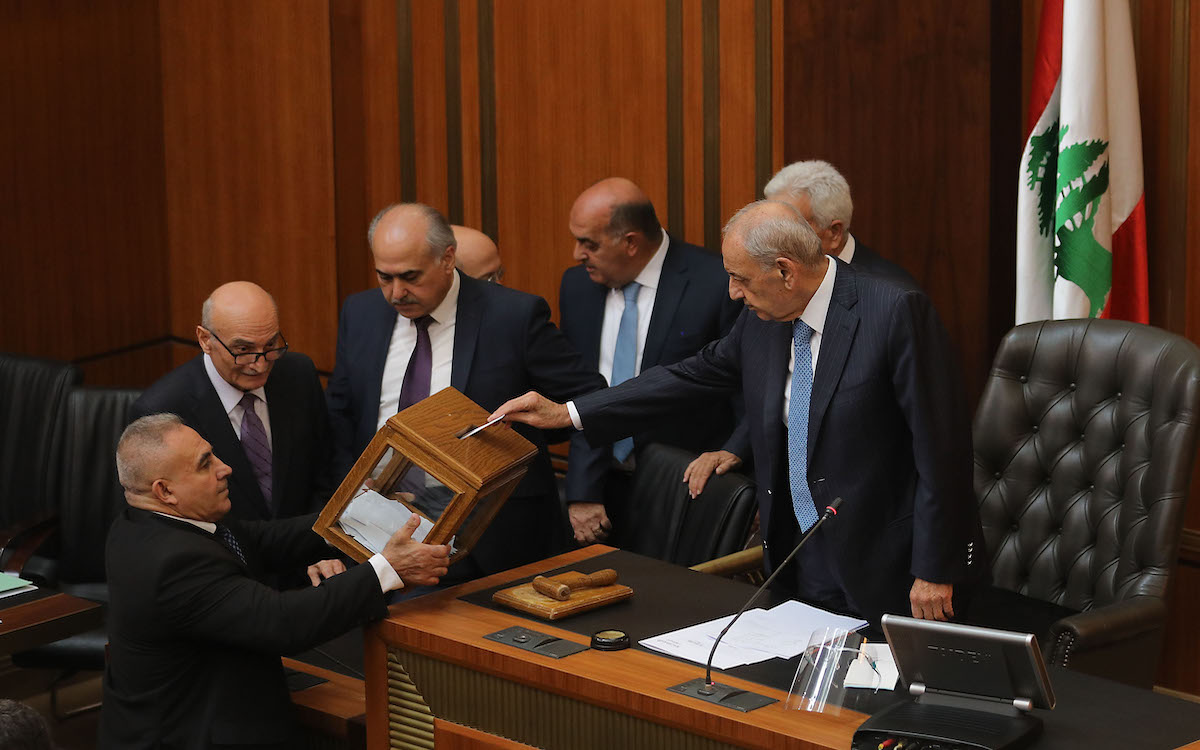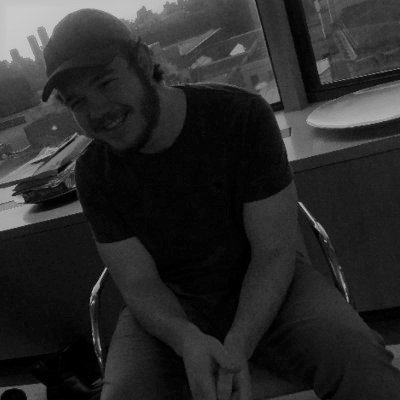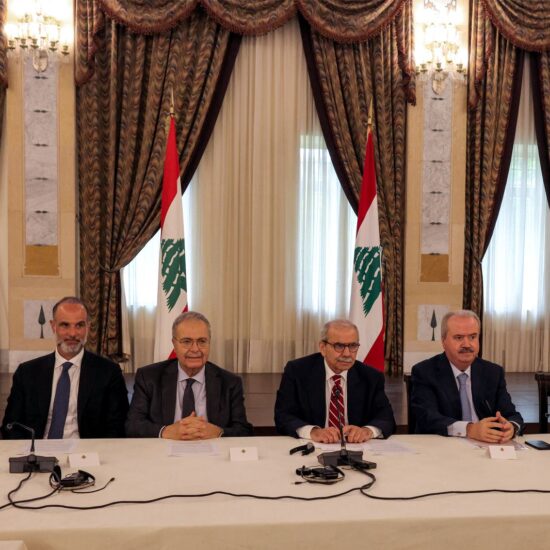
As Lebanon’s presidential race continues to generate momentum, it has felt like there is a new potential candidate every day.
Names such as Tracy Chamoun, Michel Mouawad, Salim Edde, Joseph Aoun, Suleiman Frangieh, and Gebran Bassil are just a few that have been floating around in parliament and on social media.
In addition to choosing a president, Lebanon needs to establish a new government to replace the old one, which has remained in a caretaker role since the parliamentary elections in May.
Both of these processes have an unfortunate history of being slow and mired by Lebanon’s constant political deadlock.
Indeed, it took two years for Michel Aoun to assume the presidency in 2016, and the last time Lebanon needed to form a government, it took just over a year.
However, politicians may feel some added pressure to perform given the country’s deepening economic and social crises.
On Thursday, September 29, a parliament session was held to vote on the next president, but, as many expected, a decision was not reached and the parliament session quickly fell below quorum.
Overall, there were 63 blank ballots, 36 votes for Michel Mouawad, 11 votes for Salim Edde, 1o votes for “Lebanon,” one vote for Mahsa Amini (the young woman who was killed by Iran’s security forces for not properly wearing her veil), and one vote for the “line of Rachid Karami.”
Speaker of Parliament Nabih Berri then said there would not be another session until there was a more definitive consensus on the next president.
Things have also been slow on the government formation front, with the process starting in June and Lebanon’s caretaker Prime Minister Najib Mikati presenting his proposed government to Michel Aoun in August.
A leaked version of the list suggested that Mikati’s proposal was not much different from the last government save for a few exceptions that include the removal of caretaker Energy Minister Walid Fayad, caretaker Finance Minister Youssef Khalil, caretaker Minister for the Displaced Issam Charafeddine, and caretaker Economy Minister Amin Salam.
Either way, analysts suggest that, ultimately, Hezbollah and its allies are the main arbiters of how the presidential election will go, but that regional politics, as always, will have an effect on the process.
Legalized domination
Since 2005, Hezbollah’s influence over the Lebanese government has slowly but surely expanded over time.
In 2008, following a political crisis, Hezbollah swept west Beirut, demonstrating its capacity to use force to pressure the government if it felt like its political position was threatened.
Sam Menassa, a seasoned reporter and political analyst, explained that Hezbollah’s plans for the Lebanese government have been long in the making, and the party’s overall goal is to legitimize its dominance via legal means.
“They have a clear policy, they have a vision, and they are continuing exactly what they started in 2005, which is to dominate the country,” Menassa told NOW.
“They will never elect a president before reaching a kind of… legalization to change the constitution, certain laws, to fill positions in the administration, the army, etc. It means they want to reach the end of this abnormal situation,” he added.
Hezbollah can, of course, use force if it felt seriously threatened like in 2008, but this is a scenario it does not like, as it would make the party look illegitimate.
Hezbollah can] force its allies not to elect a president who rejects it, or it can play the game of obstruction and emptiness, as it did before Aoun’s election. But in the parliamentary game, [Hezbollah] is unable to impose its candidate now because there is a balance of power on the part of its opponents that prevents it from putting together a majority for its candidate.
Nabil Bou Mensef, a political writer and journalist who is the deputy editor-in-chief of Annahar newspaper, explained that though Hezbollah is in a strong position, there are still checks on its dominance in parliament.
“Hezbollah’s influence is stronger outside of parliament than it is inside parliament, as it can veto any candidate,” Bou Mensef told NOW.
“[Hezbollah can] force its allies not to elect a president who rejects it, or it can play the game of obstruction and emptiness, as it did before Aoun’s election. But in the parliamentary game, [Hezbollah] is unable to impose its candidate now because there is a balance of power on the part of its opponents that prevents it from putting together a majority for its candidate,” he continued.
In the May elections, Hezbollah lost its clear majority in parliament. However, it still possesses the largest bloc.
Though the Lebanese Forces (LF) has become the most prominent anti-Hezbollah force in parliament, it is politically isolated and cannot push a candidate through either.
Menassa also pointed out that Lebanese politics do not exist in a vacuum and regional politics will always have a significant impact on developments in parliament.
Current discussions of a government and president happen to coincide both with large-scale protests in Iran and Lebanon’s negotiations with Israel regarding the maritime border.
“If, and this is a big if, we reach an agreement, between the Lebanese government, when I say Lebanese government I mean a government dominated by Hezbollah… it means there is a hidden agreement between Hezbollah and Israel, otherwise, no way the Israelis, or the West, or the Americans will permit any dollar to enter Lebanon,” Menassa told NOW.
The maritime border issue could be a big political win for Hezbollah, as it would present the party as fighting for Lebanon’s rights.
On the other hand, given the protests across Iran, Tehran might be somewhat distracted by internal turmoil to really give Lebanon its complete attention.
The political game
As it currently stands, Hezbollah and its allies form a bloc of around 60 votes on its own, as was seen during last week’s 63 blank ballot votes.
The LF and its allies have at least somewhere around 35 votes, as was seen with the 36 votes for Michel Mouawad.
With the 13 “change” MPs, who largely voted for Salim Edde, that creates a solid veto block of 48 total votes, as for a president to be elected they must garner ⅔ of the parliament’s 128 seats.
The political center in this process seems to be Walid Jumblatt’s Progressive Socialist Party (PSP), and other independents.
Indeed, as Menassa pointed out, Jumblatt is somewhat of a wild card, as he has a tendency of going where the wind is taking him.
This was demonstrated in August when Jumblatt, who is part of the broad anti-Hezbollah alliance, met with a Hezbollah delegation to discuss the economy, development, and the presidency, much to the chagrin of more hardline anti-Hezbollah factions.
For Bou Mensef, it was clear that Jumblatt wants to be more diplomatic, so to speak.
“Jumblatt supports a consentaneous candidate in the end, even if the declared candidate who finally is supported [by Jumblatt] is not Michel Mouawad. He knows that a candidate for any party alone will not rule easily, and the country will not be stable except with a candidate who enjoys wide support,” Bou Mensef told NOW.
In terms of candidates, it seems somewhat likely at this point that Hezbollah will not have the ability or political will to push through its preferred candidate, such as Gebran Bassil or even Suleiman Frangieh, though this is still up for debate.
Menassa explained that Hezbollah may ultimately allow a more “neutral” candidate to win, such as Ziyad Baroud or Joseph Aoun, as long as it is “comfortable” with them.
Joseph Aoun appears to be the candidate most able to gather supporters for the presidential settlement in the end, more than all the other candidates.
For Hezbollah to be comfortable with such a candidate, it would need to have some sort of understanding with them, at least on certain issues, perhaps its weapons or association with Iran.
Menassa did not completely rule out Bassil or Frangieh, but he indicated that Bassil’s candidacy is not looking very viable right now.
Bou Mensef also thought a more neutral candidate, like General Joseph Aoun, had a good shot of winning.
“Joseph Aoun appears to be the candidate most able to gather supporters for the presidential settlement in the end, more than all the other candidates,” Bou Mensef explained.
Regarding Michel Mouawad and Samir Geagea’s assertion last month that he could potentially form a bloc consisting of the LF, a group of Sunni MPs, the change and independent MPs, the PSP, and Kataeb, Bou Mensef purported that Geagea’s assertions would be tested.
“There has been a broad axis that supports Michel Moawad as a candidate for the opposition, but the question now is whether all these forces will continue to support him, or will some of them retreat? Here is the test for Geagea’s words,” he said.
Finally, there were some rumors that the reason that Berri called last week’s parliament session was to pressure Aoun in terms of government formation.
However, both Menassa and Bou Mensef claimed that this was not the case.
Indeed, this became more apparent after the parliament session, when Berri said that another session would not be called until a president had been decided upon.
Bou Mensef made clear that Berri did not want it to look like he was delaying the choosing of the president, and, as Menassa pointed out, he knew full well a decision would not be made anyway.
Overall, the process of electing a president and forming a government will take time like it always does in Lebanon, and Hezbollah will dominate decision-making as it has in the past.
The crucial point here is that Hezbollah may allow for a neutral candidate to become president, but only if it has come to an understanding with them and is comfortable.
David Isaly is a journalist and researcher with @NOW_leb. He tweets @DEyesalli.








